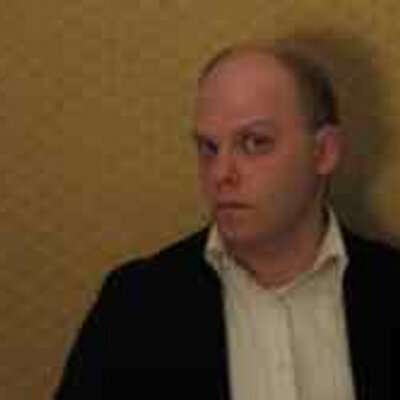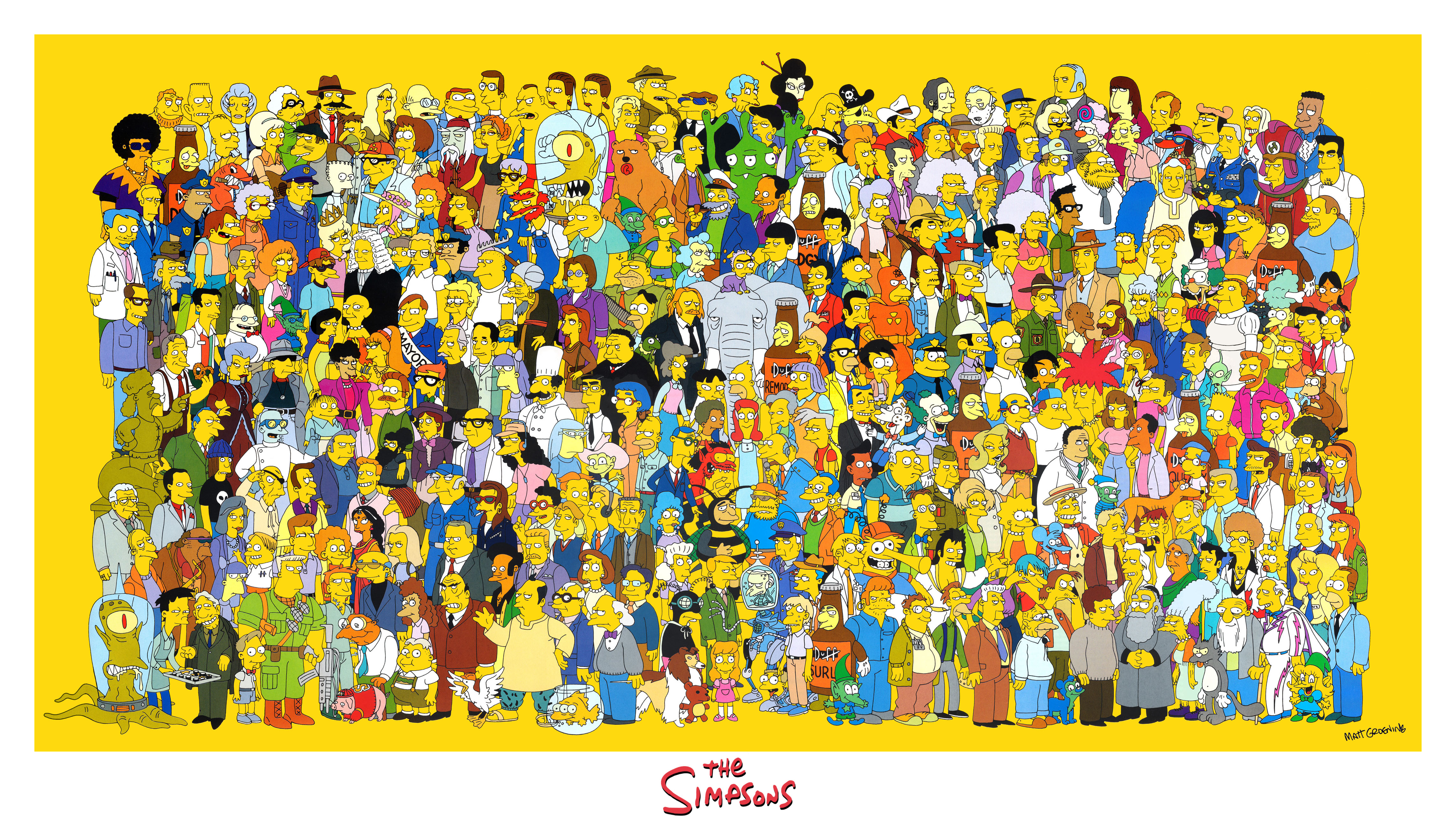 |
| BUY OUR BOOK ON AMAZON. $3.99 for 15 great short time travel stories. That's a cost per story of... *takes out calculator, waits for solar battery to charge, gets impatient, wanders off to watch TV* |
I Will Be A Jerk
Russ Bickerstaff
_______________
I am a jerk. Not right
now, exactly, but I will be a jerk. I figure it's probably about 20 years
from now. It's a little complicated. Roughly twenty years from now I
will be just a few feet from where I am now. Pretending to read a magazine.
Pretending not to be looking at me. I will just be sitting there being a
jerk.
When I went off to go to
college, I wasn't expecting this. Granted, it's not like there weren't warning
signs looming out ahead of me. All my life there had been indicators that I might
suffer from some kind of mental illness. It runs in the family. Dad once
thought he'd accidentally unplugged the outside world from his house. He was
perfectly cool about it for a while. Then everything disintegrated for him. A
year ago my brother claims to have seen a cluttered residential apartment of
infinite space in the complex he manages. He's still around, but he dropped out
of college to be in some weird, experimental steampunk ska band. (Make of that
what you will.) So I could have expected some kind of a schizophrenic break
with reality. I could have expected some kind of a psychotic episode or
something. If not now then maybe ten or twenty years from now. But not now
because I'm pretty sure this is different.
There I am 20 years
older than I am now. I look a bit more haggard. There's patchy beard on my
face. There's a raspy wheeze to my voice on those rare occasions when I talk.
Not that I ever bother to say much to me. I have tried to approach me and talk.
I always get the same response. "You'll see." I'm leering when
I say it to me. And sometimes I chuckle at me. It would be kind of dramatic and
chilling if it wasn't so annoying.
I get the feeling that
most of my friends think it's some kind of joke that I'm playing. They think
it's my dad. I don't blame them. Think about it: why would I get access to
something as impressive as time travel and then decide to go back to where I
was when I was in college and just...lurk? It's been like that all
semester.
Full disclosure: I'm
into science fiction. That doesn't mean anything. I mean--it's not like this is
some weird messed-up fantasy. But it's not like I don't know that there are
alternate theories here. I could have been cloned from 20 years ago by that guy
who always hangs around at the next table at the coffee shop in the student
union or in the library or wherever. That seems possible. Or maybe that guy is
me from some sort of alternate future where everything is the same except I'm a
jerk and have been all my life.
Say you're me: You move out
to college. You first get that taste of true adulthood--true freedom. You're
truly on your own now. You're independent. And there you are waiting for you 20
years older than you are now. Hanging out in the background wherever you go.
Never actually saying anything. Never even bothering to introduce yourself. Do
you call the police? Well, maybe you would think about it until you have to
explain it to them. And then you remember what happened to your father and your
brother and you think maybe you can tolerate it.
So here I am hanging out
with me at classes. Never actually saying anything. My only respite is my dorm.
At home I can be alone with myself. But every time I leave, there I am 20
years from now in the background of my public life.
Not that I hadn't tried
to introduce myself to him. I 'll walk over and say hello. And I'll ask him
what brought him back to the past and he always gives his trademark reply. And
I'll explain to him what I'm going through and why I don't want him around. And
he'll just sit there saying nothing. And so I monologue to him about my life
until I have to meet someone or go to a lecture or whatever.
What bothers me is the
fact that this guy that's me has nothing better to do than to hang out with me.
I don't know why he's doing this. He hangs out with me at parties. Never
actually saying anything. He trails me to bookstores and cafés and things.
Always there in the background. It's really frustrating. This is why I know: in
the future I will be a jerk. But at least I'm only being a jerk to me. At least
I'm not bothering other people with it.
Actually, I don't know
that last part for certain. I'm not always around him. When I'm in my dorm I'd
like to think that he's out actually enjoying the past. And I'd like to think
that he's not being a jerk to other people. So I'm the only one suffering here.
No apologies needed. Still--what kind of a guy behaves like that to himself? No
self-respecting guy would DO that.
I've given it some
thought and all I can say is that I hope I've done this because in 20 years I
will have enough money to retire. Hell, maybe I invent time travel technology.
That would be cool. I'd be rich. One things for certain, though. If I am going
to invent time travel it's going to be to escape so that I never have to be
around him again. I'm going back in time so that I don't ever have to worry
about being around him anymore. And I get the feeling that's kind of going to
involve going back in time and hanging out with me now.
BUY THE INDIE-PENDENCE DAY ANTHOLOGY OF TIME TRAVEL STORIES BY CLICKING HERE.
Follow Russ Bickerstaff on Twitter by clicking here.









